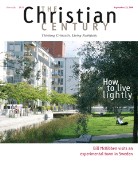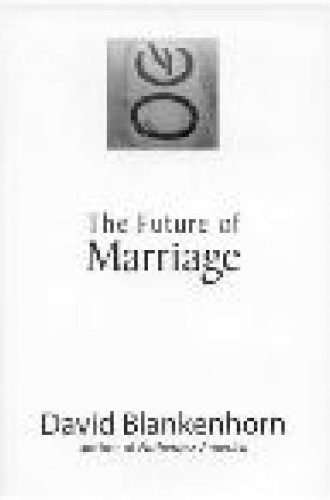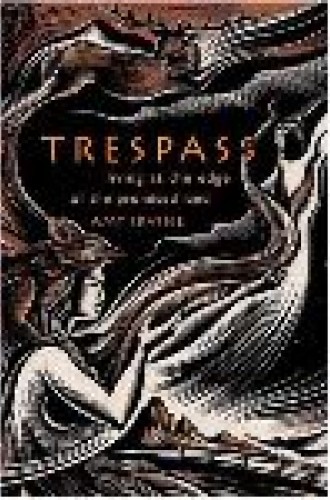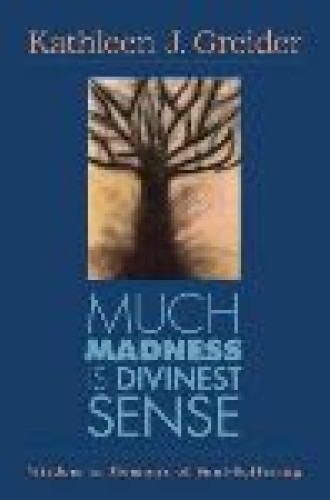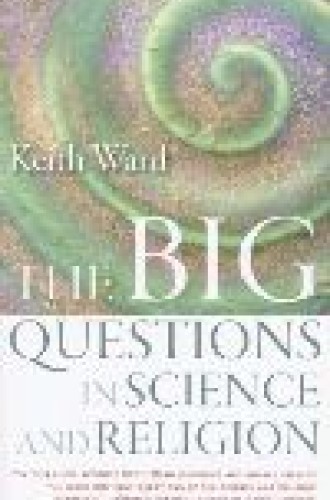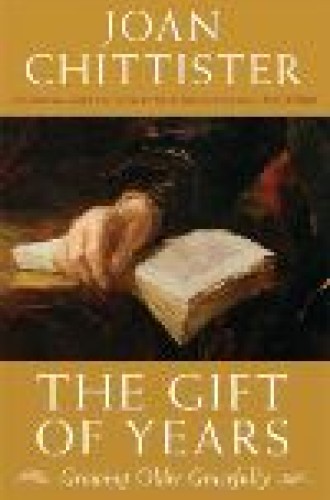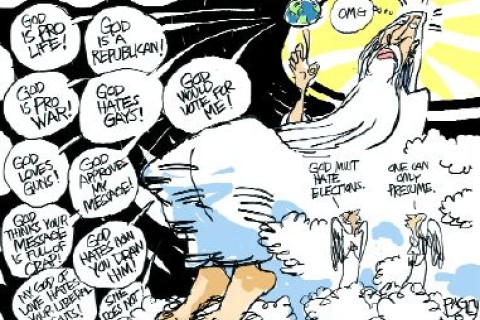Features
Brother Cactus: Walkers in a wild place
For the last couple of years our church community has been burrowing a path through the dense brush of our land. We’ve not been in a hurry; we don’t even know for certain where the path is going. We’ve tried to be as gentle as possible, avoiding more permanent plants and taking the direction that nature seems to be offering. So our path winds its way whimsically through the woods, three feet wide and bordered with limestone rocks that we found lying around. Most of the time its surface is nothing more than the packed earth beneath our feet.
A place that makes sense: On not living too large
Saddleback questions: The clout factor makes us uneasy
When introducing the presidential forum at Saddleback Church last month, Rick Warren noted that the separation of church and state does not mean the separation of faith and politics. He was right about that. Warren or any other pastor is entitled—as the government is not—to ask Barack Obama and John McCain about their faith in Jesus and to judge them accordingly. If Warren has the clout to get the presidential candidates to answer his questions, he has the right to pose whatever questions he wants.
Campaigning religiously: Political strategist Burns Strider
A veteran of Democratic Party politics and a former aide to representatives Nancy Pelosi (D., Calif.) and James Clyburn (D., S.C.), Burns Strider was senior adviser and director of faith-based outreach for Hillary Clinton’s 2008 presidential campaign. After the Clinton campaign ended, he founded the Eleison Group, a communications firm that specializes in strategic planning for politicians and faith communities.
The purpose-driven iPod: Chance is part of the plan
By chance, while in Scotland I picked up a copy of David Bartholomew’s book God, Chance and Purpose: Can God Have It Both Ways? It offers a wonderful look at the role of chance in science for people interested in science and theology.
Explain yourself: Making belief intelligible
Karl Barth famously attacked apologetics—the attempt to offer a persuasive account of Christian belief on mutually agreed-upon grounds of reason—as a misguided task, part of the failure of theological liberalism. When you focus on making sense to those outside the faith, Barth warned, you end up adopting their worldview. When you lean way over to speak to the secular world, you end up falling into it.
Brideshead Revisited
Evelyn Waugh’s marvelous novel Brideshead Revisited begins as a coming-of-age story. At Oxford in the 1920s Charles Ryder crosses paths with the disarming, childlike aristocrat Sebastian Flyte; they become inseparable friends, and Charles is taken up by Sebastian’s family. He becomes a frequent visitor to Brideshead, the gracious old estate ruled by Sebastian’s devout Catholic mother, Lady Marchmain, and is invited to Venice as a guest of Sebastian’s father, the renegade Lord Marchmain, who resides there with his longtime Italian mistress.
Books
Marriage debate
Expanded territory
Much Madness Is Divinest Sense: Wisdom in Memoirs of Soul-Suffering
A Church of Her Own: What Happens When a Woman Takes the Pulpit
The Big Questions in Science and Religion
BookMarks
Departments
Roots and vegetables: Local food
Illuminations: Pauline Baynes's fancies of another world
Lessons from Batman: Can we live with justice, peace and truth?
News
Century Marks
Not color-blind: Mahzarin R. Banaji, a Harvard researcher who created a way to test racial attitudes, has devised a method to test racial bias in children. She expected that children ages five or six would not show any bias, but discovered to her dismay that children as young as three display a bias—and as intensely as adults do. She still believes that overcoming racism is possible (Chronicle Review, July 25).


